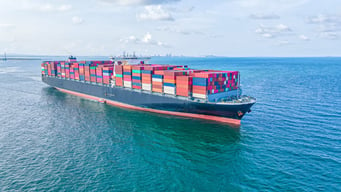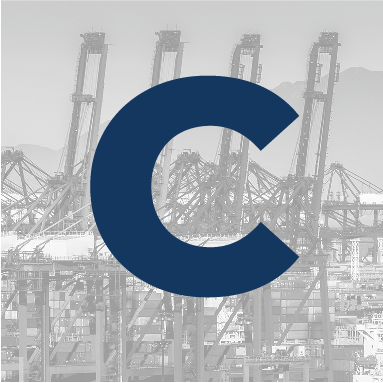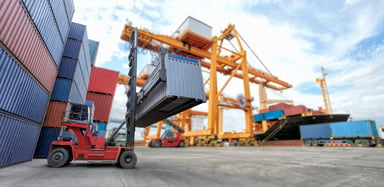
Congestion Surcharge

Home > Freight Glossary > Congestion Surcharge
In the complex world of international shipping, a congestion surcharge is an additional fee that shipping companies may impose on freight rates when there is excessive congestion at ports.
What is a congestion surcharge in shipping?
A congestion surcharge in shipping is a fee applied by carriers to cover the additional costs incurred due to delays and increased operational complications at overcrowded ports. This surcharge is triggered when ports experience higher-than-normal traffic, which can lead to slower processing times, longer wait times for ships to dock, and increased turnaround times for offloading and onloading cargo.
The implementation of a congestion surcharge helps shipping companies mitigate the financial impact of port congestion, such as increased fuel costs while vessels idle and higher operational costs from extended use of equipment and labor. For shippers, while this surcharge represents an additional expense, it is often necessary to ensure that cargo reaches its destination within a reasonable timeframe, despite delays caused by port bottlenecks.
Contact

Ocean Freight

Road Freight

Connect with Our Logistics Experts
Choose the specialized line for your specific cargo needs. Our dedicated teams are standing by to assist you in real-time.








